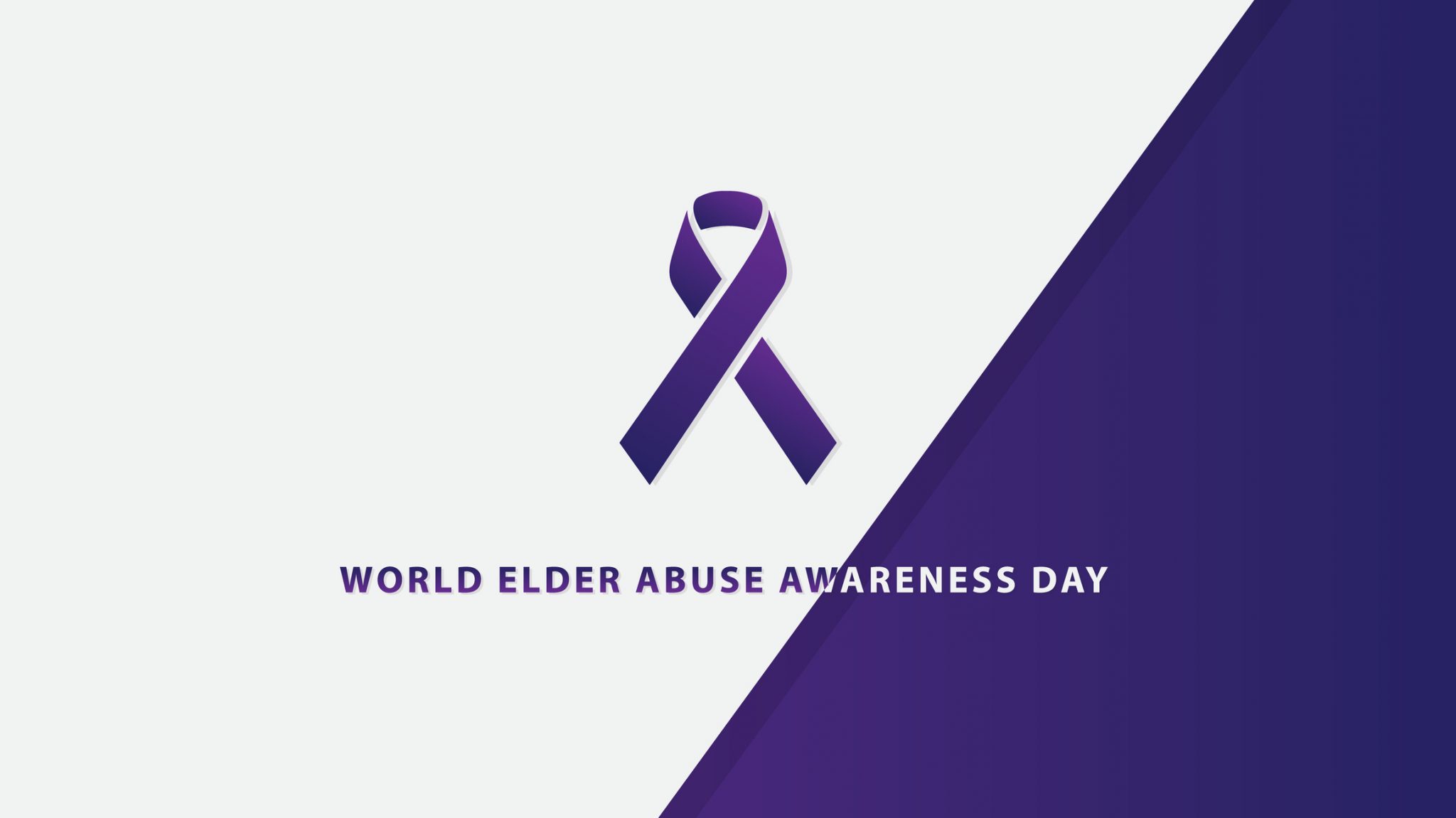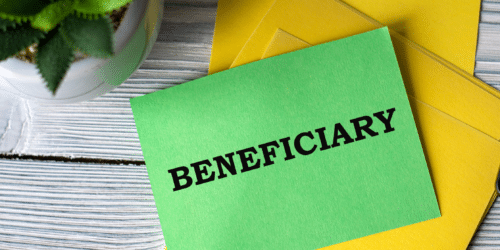June 15 marks World Elder Abuse Awareness Day, a time to raise awareness about the prevalence of elder abuse, and remind and empower everyone to take action against the mistreatment of older adults. Unfortunately, elder abuse is predicted to increase as many countries are experiencing rapidly ageing populations.
If you suspect someone is experiencing elder abuse, or you’re simply looking for ways to protect yourself or a loved one as you age, it’s important to understand the signs and know where to turn for help.
The World Health Organization defines elder abuse as:
A single or repeated act—or lack of appropriate action—occurring within any relationship where there is an expectation of trust, which causes harm or distress to an older person (typically aged 60 or older).
Elder abuse can take many forms, including:
- Neglect
- Emotional or psychological abuse
- Financial abuse
- Physical abuse
- Sexual abuse
One of the most common types seen by estate litigators is financial abuse. This includes theft, fraud, extortion, misuse of powers of attorney, forgery, improper use of joint accounts, or inappropriate transfers of property. Often, the abuser is someone close to the victim—such as an adult child or caregiver—with whom there is a relationship of trust or dependency.
Planning Ahead to Protect Yourself
One effective way to prevent elder abuse and ensure your interests are protected as you age is by preparing Power of Attorney (POA) documents for both property and personal care. These documents authorize a trusted individual to make decisions on your behalf if you become unable to do so. A lawyer can help you understand your options, advise you on choosing the right person, and draft clear, legally sound documents tailored to your needs.
While a Will is typically thought of as a document that becomes important after you pass away, a Will drafted can also prevent against abuse for you or your loved ones while you are alive. The more legal documents outlining your wishes on how to manage and dispose of your property, the harder it will be for someone to take advantage of you when you age and the more suspicious predatory behavior, that is not in line with your testamentary wishes will seem.
If you suspect someone is abusing their role under a Power of Attorney—such as improperly accessing funds or making decisions not in the elder’s best interest—you should consult a lawyer.
Depending on the suspected abuse, there may be both criminal and civil remedies available to victims.
Resources If You Suspect Elder Abuse
If you are concerned about someone being mistreated, these organizations can help:
- Ottawa Police Service – Elder Abuse Section
Call 613-236-1222 x2400 to report suspected or actual abuse for investigation. - Canadian Network for the Prevention of Elder Abuse
- Elder Abuse Response & Referral Service (EARRS)
- Elder Abuse Prevention Ontario
- Office of the Public Guardian and Trustee (OPGT)
The OPGT investigates cases where a person may be mentally incapable and at serious risk of harm. Contact their Guardian Investigation Unit at 1-800-366-0335 or 416-327-6348. - 911
If there is immediate danger or an urgent need for care, do not hesitate to call emergency services.
If you’re unsure whether legal advice is needed, speaking to a lawyer can help clarify your rights and the options available to protect yourself or a loved one.
This blog post was written by Maggie Casey, a member of our Commercial Litigation team. She can be reached at 613-369-0362 or at magdalena.casey@mannlawyers.com.








